Market Analysis
In-depth Analysis of Reading Glasses Market Industry Landscape
The Reading Glasses market, catering to the vision needs of individuals experiencing presbyopia, is undergoing dynamic changes influenced by factors such as demographics, lifestyle trends, and technological advancements. Understanding these market dynamics is crucial for stakeholders seeking to address the growing demand for effective vision correction solutions. The evolution of living conditions in the Market of Reading Glasses largely depends on the social demography (aging population dynamics). With an aging global population, presbyopia is a major prevalency issue leading to an increase of reading glasses demand. Businesses must create a strategic orientation of their organizations in the context of the changing population to leverage emerging market opportunities. Consumer awareness level and convenience bringing reading eyeglasses to the market are the main factors which affect the market. The presence of over-the-counter reading glasses in different stores especially supermarket becomes a factor of market access. It not only changes the market depth but determines market performance and therefore influences consumer behavior. Due to e-commerce´s rising, the modes of the Reading Glasses market have been altered. Consumers can now choose to shop online through convenience or vast availability in options they like. Those companies are the ones that managed to make themselves recognizable to a larger number of people and companies with efficient delivery channels set the tone of how much the level of competitiveness in the market is. The field of lens manufacture evolves constantly through innovation in the lens material type, coatings and manufacturing processes. These enhancements impact the development of Reading Glasses market as well. The expression of a company that adds new things, e.g., blue light filtering and anti-reflective coating measures, is the process that responds to the needs of consumers that uses digital devices and have symptoms of eye strain; please, see the impact on the market trend. The economic factors that are most essential in the manufacturing and sale of Reading Glasses are promised to affect the market structure greatly. Companies, which provide products within a variety of price points and cater for consumer segments with the purpose of increasing market accessibility and competition, make this possible. Variances in consumer preferences, cultural attitudes towards eyewear, and regional economic factors contribute to global variations in the Reading Glasses market dynamics. Companies must tailor their products and marketing strategies to address diverse market needs. The regulatory environment surrounding eyewear, including safety standards and prescription requirements, plays a vital role in shaping market dynamics. Adherence to regulatory guidelines influences product development, market entry considerations, and overall competitiveness.


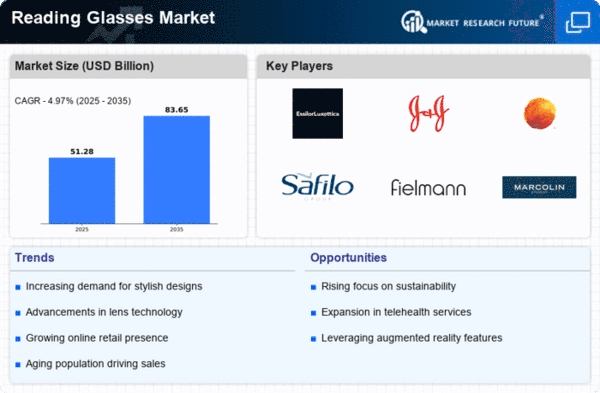
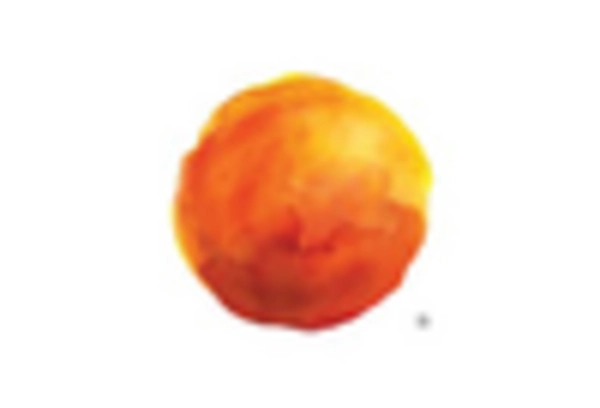
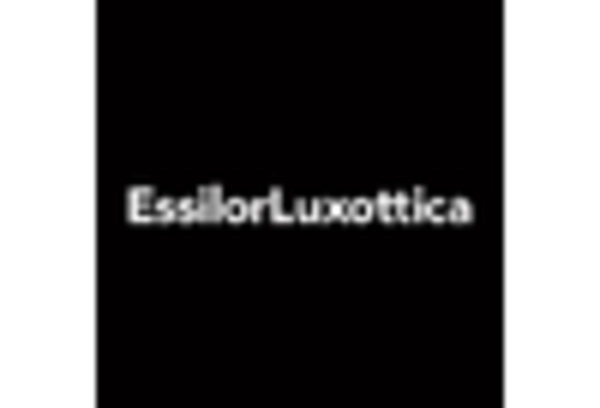
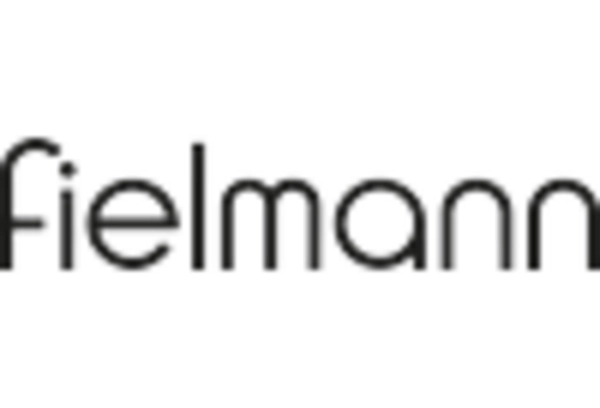

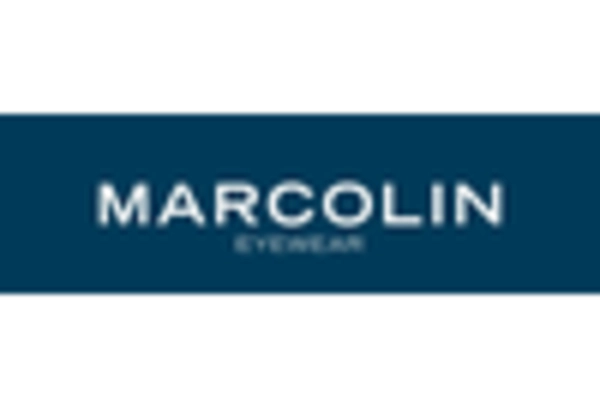
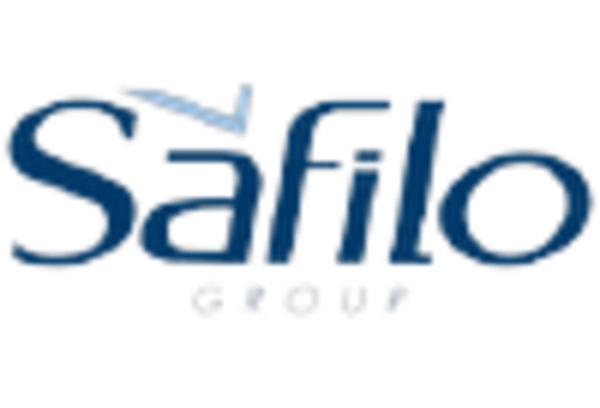









Leave a Comment